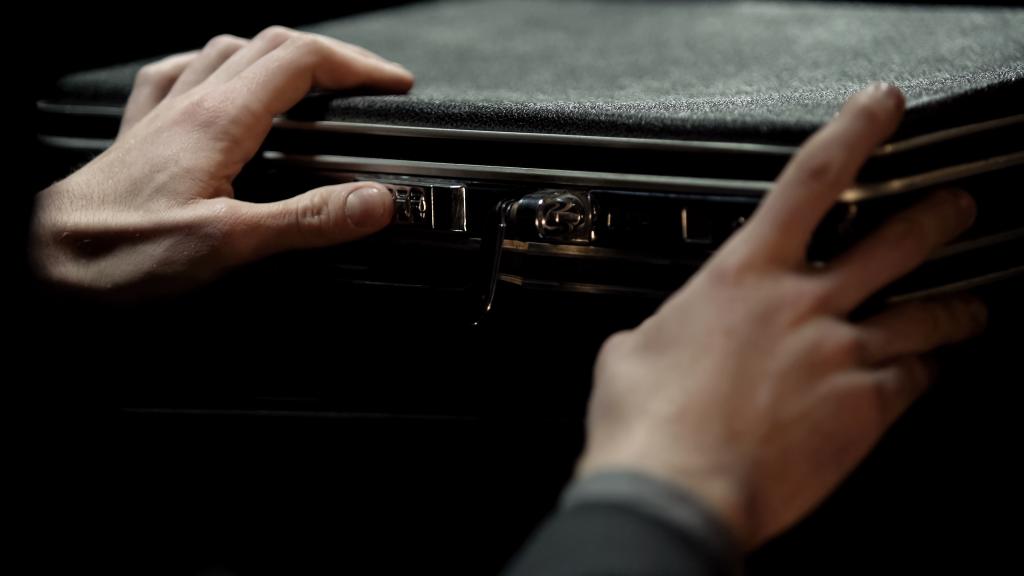
In all divorces, the law requires the court to consider the contributions that each of the family has made, including contributions by looking after the home or family. A genius argument is sometimes mentioned within a court case…
House of lords
In 2000 when the then House of Lords decided the White case, it laid down the principle that there should be no discrimination between the home maker and the bread winner and thus established that in a long marriage, usually the capital assets will be divided equally. There are, of course, always exceptions to this principle – one of them is the argument that one of the parties brought wealth into the marriage by gift or inheritance.
A less frequently used exception is the argument that one of the parties is a genius and has made such an exceptional contribution by reason of their own talents that they should be allowed to retain more than 50% of the assets. In case law over recent years the court has almost always refused to consider such arguments for fear of opening the floodgates to this sort of dispute. The courts have made it clear that it will be a very rare and exceptional case to justify the genius argument.
Genius argument | recent case
In the recent case of Robertson, the judge rejected the husband’s arguments that he should retain his shareholding in the valuable fashion company ASOS – the husband had effectively acquired his shares before the parties met. In the divorce the husband argued that he should retain all his shares as he had owned them before and the substantial increase in his shareholding was due to his special contribution. The court said that although he was very impressive and hugely successful as a businessman this did not make him a genius.
The courts view
The court, whilst not equally dividing the value of the shares, gave the wife approximately one third of their value in addition to sharing the other matrimonial assets equally. The court did however recognise the husband’s greater financial contribution and therefore in cases involving very substantial assets this sort of argument may still have some merit.
A further case of Work and Gray involving wealth of $300m is currently being appealed and it is thought that the court may introduce a threshold test which could go some way to defining what would constitute a sufficient level of wealth to justify a departure from equality due to the “genius” argument.
If you have any further questions regarding genius arguments please feel free to get contact us.
